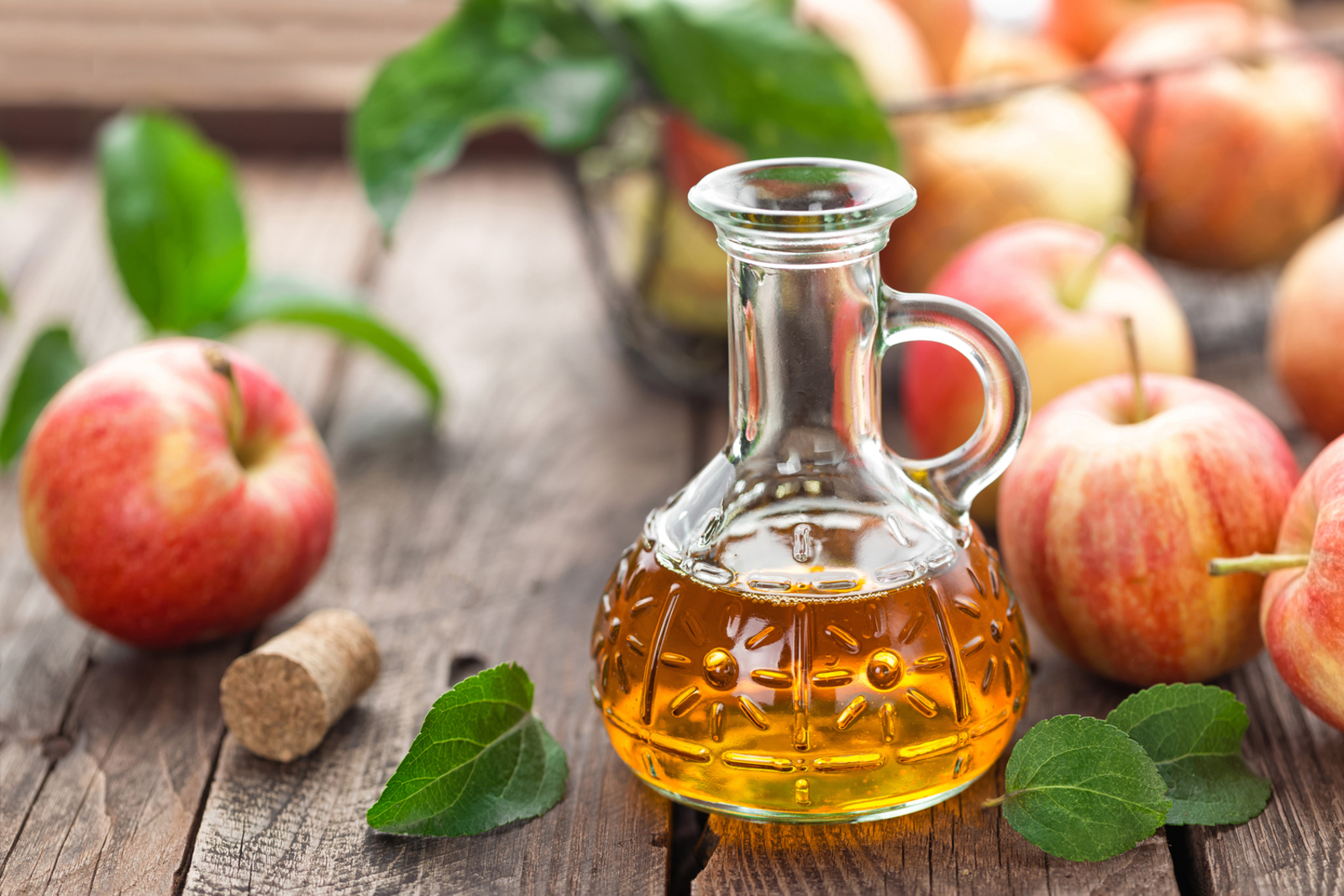
6 Old Fashioned Remedies for Eczema
Eczema is an inflammatory skin condition that can be caused by genes or overgrowth of the Staphylococcus bacteria. It’s characterized by itchy, dry, and inflamed skin. If you suffer from eczema or atopic dermatitis that’s resistant to treatment, including traditional topical steroid ointments and prescription eczema medication, antihistamines, topical antiseptics, and atopic dermatitis prescription tablets, there are several old-fashioned home remedies that may help reduce symptoms, such as:
1. Coconut oil
Coconut oil has many uses, including helping with eczema. It also may have antibacterial properties that can help your skin. A study reported in the International Journal of Dermatology showed that applying the oil improved hydration in the skin of children with eczema. Make sure you get raw oil that has no added ingredients. Since this type of oil is solid at room temperature, put some in your hands and rub them to liquefy it. You should apply it to slightly damp skin at least twice a day.
2. Honey
Dr. Yin at the U.S. Dermatology Partners in Colorado says that it can be useful for eczema due to its anti-inflammatory and antibacterial properties. It may prevent eczema or minimize the swelling and redness of current flare-ups. It also helps keep skin hydrated because it is so incredibly thick and helps keep moisture trapped in the skin. The Mayo Clinic says hydration is vital to those who have eczema since eczema makes it hard to keep moisture in the skin, which damages the skin’s ability to protect against things like bacteria and allergens. Apply it overnight or sparingly during the day.
3. Apple cider vinegar
Apple cider vinegar may have antibacterial properties. It’s unlikely to cause any problems. You can add it straight to your bath. The National Eczema Association’s Scratch Pad says to add 2 cups of apple cider vinegar to a warm bath. It helps moisturize and soothe the skin. It may also help manage inflammation, infection, and balance pH levels. Always ensure you are using a diluted (in water) amount only, as pure vinegar can harm the skin.
4. Colloidal oatmeal baths
Colloidal oatmeal isn’t far from the oatmeal you buy at the store. You can make it yourself by buying whole, uncooked oats. You then add these oats to a food processor or blender. Grind it until it’s in a fine powder state. You take a pinch of the powder and put it in water. The water should be milky white. Colloidal oatmeal helps protect, soothe, and moisturize the skin and prevent itching. It even has anti-inflammatory properties and helps balance the skin’s pH.
5. Aloe vera gel
Aloe vera is a natural skin moisturizer, so it makes sense to use it for eczema. Make sure first that it doesn’t interfere with other topical treatments you may be using on the advice of your doctor. When using the gel, first clean your skin with unscented soap and water. Then, you can apply the gel directly to the needed areas on your skin and gently rub it in. You can apply it twice a day.
6. Tea tree oil
This is another potentially helpful treatment that you must dilute to use. You can dilute it with many options, such as almond, olive, coconut, sunflower, avocado, and jojoba oil. You use about 12 drops of carrier oil for every 1-2 drops of tea tree oil. You also should use 100% pure tea tree oil. Research suggests it has anti-inflammatory, antifungal, antimicrobial, antibacterial, antiseptic, and antioxidant properties.



